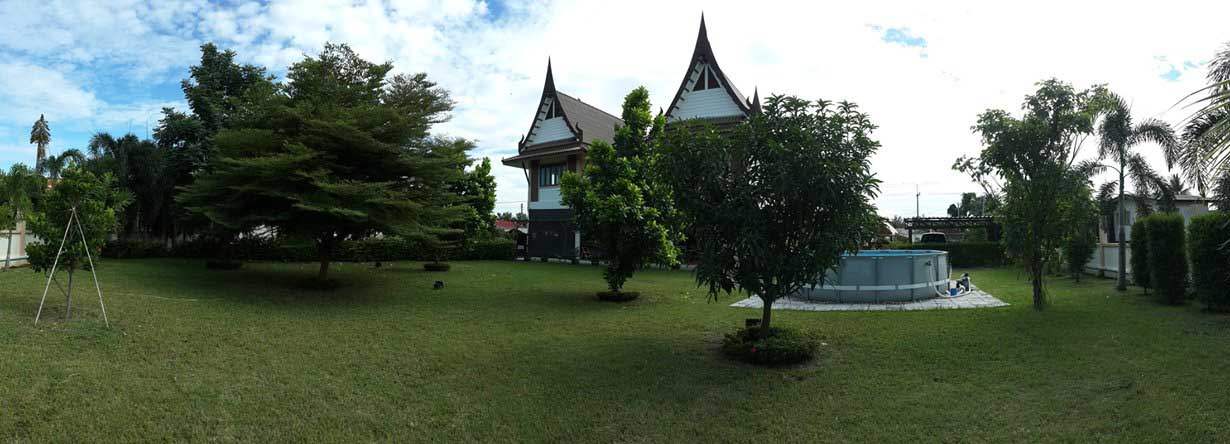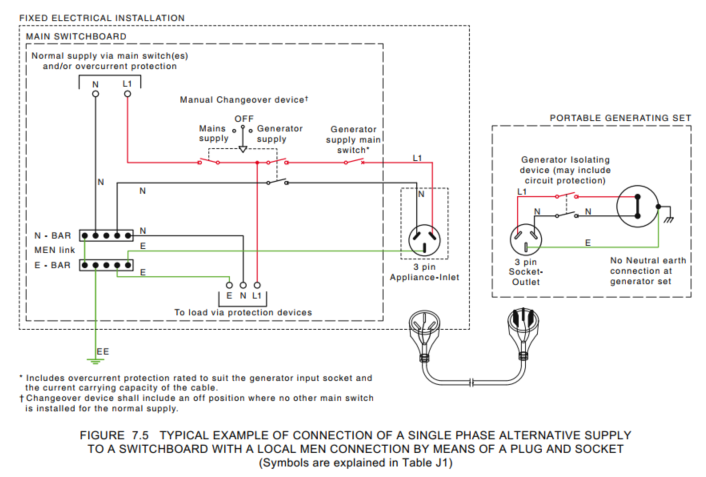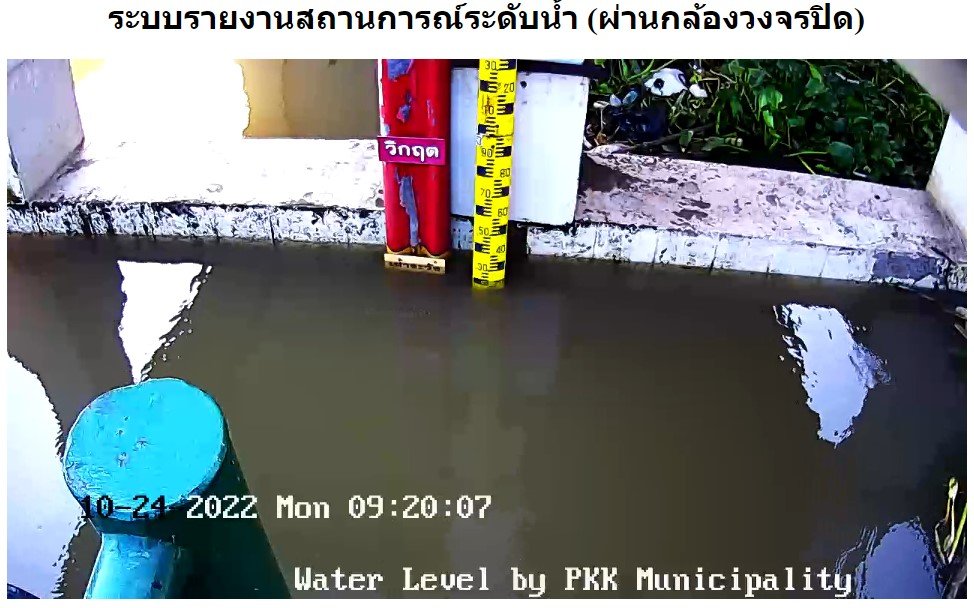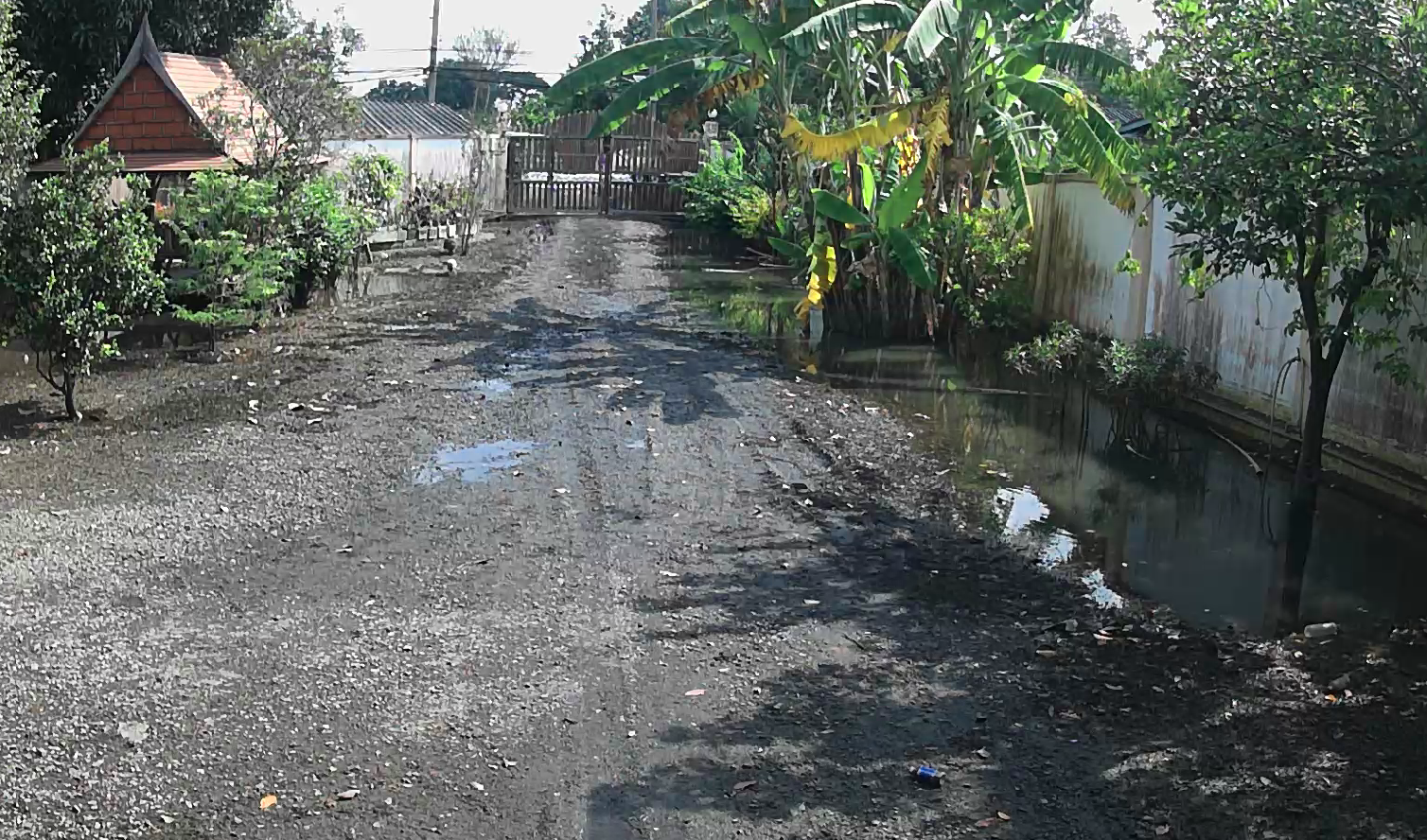-
Posts
46,463 -
Joined
-
Last visited
-
Days Won
2
Content Type
Events
Forums
Downloads
Quizzes
Gallery
Blogs
Everything posted by Crossy
-

Has anyone received a new UK passport recently?
Crossy replied to onebaht's topic in Visas and migration to other countries
Finally got my email today ???? "Only" 14 weeks since they took the $$$ from my card ???? Totally appalling "service" and the inability to easily track overseas applications is just crazy. I wonder how long it will take in 10 years' time when this one expires. Long, long ago (ok 2001, so this century) I had my PP stolen in Rome (the Italian one). I got a new PP the same day from the embassy! (I was at the gate, police report in hand, when they opened, otherwise it would have been next day) -
It can be. But. Without knowing what and where it's impossible to say. Something like our home = brilliant value. Something like the place Madam built for family = major rip-off.
-
What are you actually asking from us? There's a load of building experience from all over the country here, but if we don't know what you want to know we cannot really help.
-

Chao Phraya riverside communities warned of high tides until Nov 9th
Crossy replied to snoop1130's topic in Bangkok News
Meanwhile our puyai-baan is talking about removing the sandbag barrier on the road by the end of October ...- 1 reply
-
- 1
-

-
Do you have drawings / sketches of what you want to do? Again, location is important, building costs vary vastly across the country. How big is the land you want to fill, depth of fill needed? Again, costs vary vastly. I'm going to assume that "American style" does not include it being of timber (termite food) construction.
-
Our place cost 4.5M without the A/C etc. Northern BKK (land not included). Lots of teak = $$$. Just the teak barge-boards cost 250k ???? https://aseannow.com/topic/481794-housebuilding-thread/ Madam built this for the family in steel and Shera board, cost <1M, Pha-Chi (Ayutthaya), again land not included.
-
What size are you thinking of, style, level of finish needed, (important) location??
-

New 3-phase installation with 3-phase heater
Crossy replied to campyk's topic in The Electrical Forum
That heater does look a bit odd, but it's certainly not earth return on one element. Just how the 3 incoming phases map to what appears to be 4 elements in a star arrangement is unknown. It will certainly need a 3-phase RCBO which could be 3 or 4 wire (if it has a neutral just connect to the neutral bar so the Test button works). I'm still not convinced that a 3-phase heater is actually needed, particularly on such a massive supply. EDIT A quick scan of the available plug-on accessories doesn't reveal a 3-phase RCBO, which surprises me somewhat. -

New 3-phase installation with 3-phase heater
Crossy replied to campyk's topic in The Electrical Forum
I would certainly avoid any boards the need "special" devices. The Schneider/Square-D boards, although not DIN mount, have the advantage of being readily available and being able to accept both 3-phase and single-phase MCBs and RCBOs in any position. There are other manufacturers of plug-in MCB/RCBOs that fit too. I wouldn't go with Schneider surge protection (it's crazy $$$), definitely add a small DIN box and use the lower cost option. It may also be worth considering using sub-boards rather than packing everything into one central board. Of course, that depends upon the layout of the property, but any place that needs a >60kW supply is going to be pretty substantial. It may also be worth looking at your hot water plans, is one big heater or several smaller (single-phase) heaters more practical? Also, if you really need a massive heater (the biggest single-phase unit I've seen is 8kW) then do look at gas heaters, they are low cost and really blast the heat without killing your power supply. -
-

New 3-phase installation with 3-phase heater
Crossy replied to campyk's topic in The Electrical Forum
1. The current ratings of your board are per-phase. Do note that the actual rating of the main incoming MCCB will be determined by the size of the supply being provided by MEA/PEA. 2. I would wire the heater in 4mm2 on a 32A 3-phase breaker. A 20A is just a bit close when the heater is running at full power. 3. There isn't any "leftover current", what you will end up with is one element running at full power with two others running in series at about 25% full power each. 4. I would always buy branded MCCB/MCB for the main supply, similarly for your RCD/RCBOs. SPDs tend to be expensive from the brand names and you don't necessarily get value for money. 5. Main breaker will be 3-pole, you don't usually switch the neutral on a 3-phase install. 6. It's called TNC-S (MEN) as the neutral is grounded on every 3rd pole as well as by the rod on your property. It's a standard install here. -

How about a DIY three-input Automatic Transfer Switch?
Crossy replied to Crossy's topic in Alternative/Renewable Energy Forum
This is the relevant illustration from AS3000 (2018), note that the mains neutral is NOT switched by the transfer device (but the aux supply neutral IS switched). Since Thailand has a very similar TNC-S (MEN) system to Oz I may have to modify the design. Thanks for the heads-up @bluejets. I shall have to locate the relevant UK document. -
Don't call me Shirley!!
-

Another warning about DC MCBs
Crossy replied to Crossy's topic in Alternative/Renewable Energy Forum
And with that I'm going to close this thread. -

Why are many visas based on age?
Crossy replied to timoti's topic in Thai Visas, Residency, and Work Permits
Two is hardly "many" visas. Even trolls count "one, two, many, lots" https://discworld.fandom.com/wiki/Troll -
But that doesn't matter right now!!
-
You have to click the "send" button on the page that says they will send you a code. Check your Spam folder if you don't see the code. Then fill in the code and click "verify code". Caught me the first time. EDIT
-
Nah, it's gravel, we like the au-naturelle grass-up-the-middle jungle style, it matches the rest of the garden. Once it's dried out a bit, we'll dump another couple of truck loads on to freshen it up ????
-
Meanwhile, the general level around Bangkok is dropping, slowly but it is dropping. This morning's high at Pak Kret. We now have mud, lots of mud, and rather less water although there are high tides due later this week. Also, many of Madam's koi have been captured and returned to their pond.
-

Change VOA to existing TR
Crossy replied to Michal01's topic in Thai Visas, Residency, and Work Permits
Watch the validity of your Tourist Visa. You must use it before the "Enter Before" date on the visa sticker or it becomes invalid. -

Situation following floods to return to normal in mid-November – ONWR
Crossy replied to webfact's topic in Thailand News
The river level is definitely dropping here in northern BKK, slowly, but it is dropping. We now have lots of mud rather than lots of water! Of course, there are high tides later this week!! -

Another warning about DC MCBs
Crossy replied to Crossy's topic in Alternative/Renewable Energy Forum
So long as they are DC rated for the total string voltage and correctly wired they are 100% fine in your combiner box. Many include individual fuses for each parallel string and use an MCB as an overall isolator. -
Could this be the place, run by Kevin O'Connor https://www.carkolor.com/home ???? Location, phone etc. on the "Visit Us" page.









